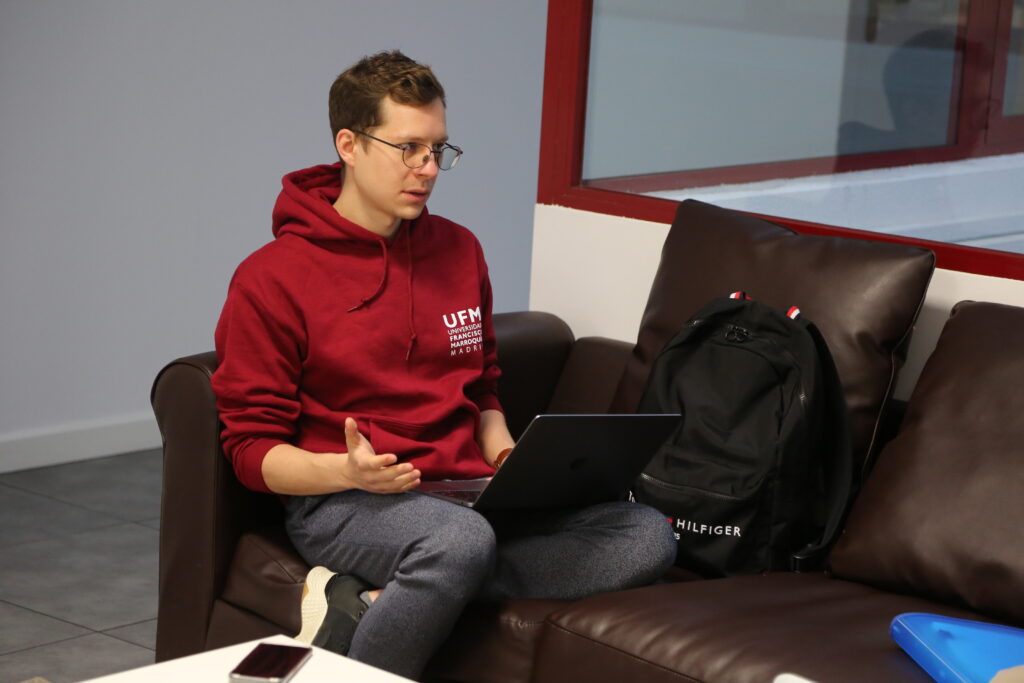How to Determine the ROI for Entrepreneurial Education
JULY 16, 2015
For entrepreneurial individuals like me who want to create their own jobs and build businesses rather than climbing a corporate ladder to incrementally increase near-term earning power, the decision to pursue education therefore comes down to a very different set of questions.
—
Each year, I have conversations with hundreds of aspiring and active entrepreneurs and the question I hear over and over is: is it worth it to pursue additional education?
In order to make a wise decision about pursuing an MBA, joining an accelerator or enrolling in some other educational endeavor you think may help grow your capacity, understanding your return on investment is critical and should rightfully maintain its spot at the top of your decision-making criteria.
While the returns on investing in your education can be considerable, every day we see examples of leaders that prove credentials aren’t a mandatory requirement for success in business.
So how should entrepreneurs think about the ROI on advanced education? How can you personally determine if the investment of time and money is worth it?
The Traditional MBA ROI Formula
Many traditional MBA seekers calculate the ROI of their degree by considering the following:
The opportunity cost of neglecting a full-time salary plus the actual costs of earning the degree and being in residence:
Making the time commitment to pursue an MBA generally means sidelining two years of salary. Add the tuition on top of living expenses and the hard costs can be substantial. In many cases this means US$100K+ per year.
The risk of not finding a good job immediately:
Markets can shift dramatically in two years and your dream job out of school might not be available. In addition, simply gaining a degree may or may not put you in a better position to pursue a corner office and high-dollar salary.
Differential income between natural career evolution, and that with an MBA:
Your career without an MBA will still grow, and perhaps at a surprising rate. You should contrast your expected MBA income growth with your non-MBA income growth. Don’t forget to factor in your student loan payments with your MBA yearly salary.
In addition, if you are switching industries or functions at all following your degree, you may be reentering the market at a lower salary base than where you started.
When I was personally confronted with this decision, I had a problem with the conventional methods of thinking through advanced education and determining ROI as described above. The main issue for me was that traditional methods focused on monthly earning power as the only quantifiable return plus soft returns like “networks” and “alumni community.”
The return I was looking for was the freedom of a full set of choices and the opportunity to choose my next adventure, not a path up a corporate ladder.
—
Read the rest of Robin’s post here on Forbes.










